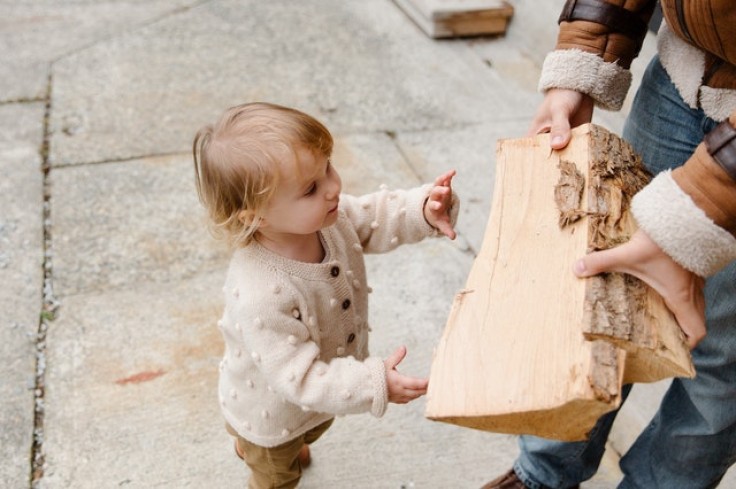
Every child has probably asked his or her parents about the coronavirus or when things will be back to normal.
Answering this question might have been tricky. However, experts say this is also the perfect time to teach children one of the most potent skills they could have; that is resilience.
Being resilient refers to bouncing back from a situation. A Denver-based therapist, Craig Knippenberg, compared resilience to a ball when dropped. Unlike a teacup that would break when dropped, a ball will only bounce back when dropped.
He used this comparison when he explained resilience to a group of parents and students after the 9/11 bombing.
And as the world faces a pandemic, Knippenberg thinks that resilience should not be overstated.
Although parents have been trying hard to make life easier and stress-free for their children during the coronavirus pandemic, Knippenberg believes that this will only cause children to miss some valuable life lessons, like being resilient. He also shared in an article on HuffPost, "When failures or crises occur, they are like a teacup that shatters."
Experts believe that children are in dire need of learning how to cope with setbacks and all the challenges that they will encounter. In this process, they are expected to accept and lose control, fail but also learn how to try again.
The coronavirus pandemic is an uncertain time. It is a challenge for children as much as it is for parents. However, according to psychiatry professor Neha Navsaria, "Learning how to manage it (uncertainty) is one of the best skills one can develop to contribute to mental wellness."
Parents, to be able to teach their children resilience may follow these steps, which were given by experts:
Do not always 'save' them.
Although parents must provide safety and security, they should also teach their children how to solve problems on their own. Parents can do this by letting kids cope independently with the new reality.
Clinical psychologist John Mayer shared with HuffPost that parents are helping their children by not always coming to rescue them.
Parents may choose to take the lead in schedules and other family activities, instead of always providing kids with all activities that would keep the kids entertained.
Teach them the concept of delayed gratification.
Another meaning of resilience has something to do with delayed gratification.
Although the children of today are born when almost everything can come in an instant, they should still be taught that they cannot always have whatever they want, as soon as possible.
To be able to teach children delayed gratification, playing board games can help. When playing board games, the brains of children are practiced to make decisions and regulate emotions that help in developing resilience among them. Another way of modeling resilience through board games is when a child loses the game.
Psychology teaches us that people who lead a happier life are those who know how to accept delayed gratification; this includes deferring pleasure and reward.